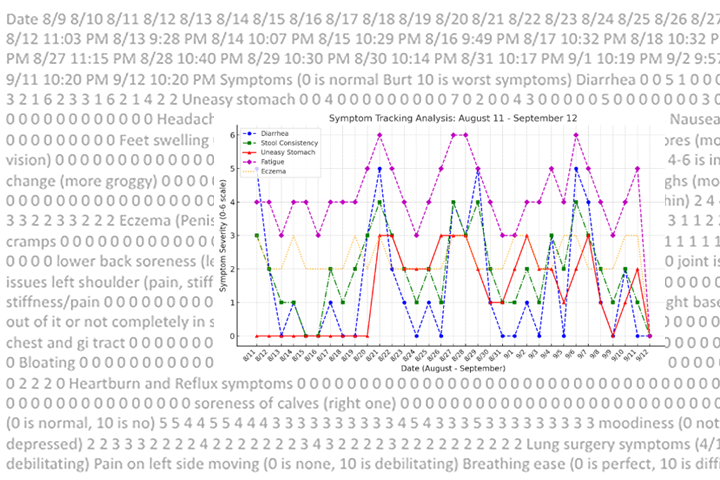A New Immunotherapy Drug to Make Chemotherapy More Effective for Metastatic Pancreatic Cancer

Could a new drug that activates the immune system enhance the effect of chemotherapy in advanced pancreatic cancer?
Many pancreatic cancer tumors are not well-detected by the immune system, and so are harder to treat. A new drug, botensilimab, has been designed to optimize the interactions between cancer-fighting immune T cells and the antigens that alert the immune system to invaders (including cancer), in hopes that it will help the body to mount a stronger offense.
How Botensilimab Works
Botensilimab is an immunostimulator. It is an antibody that works by inhibiting the pathway that tumor cells use to evade immune response. The drug attaches to certain receptors of T cells, creating a tight, long-lasting “bridge” between antigen-presenting cells and T cells to promote optimal T cell priming and activation.
Botensilimab also helps to eliminate immuno-suppressive regulatory T cells and to establish memory cells for continued immunity creating a durable response in case the cancer cells return, and it is designed to do so without triggering an inflammatory response that can cause toxic side effects.
It is being tested in several hard-to-treat cancers, including melanoma and colorectal cancer.
How the Trial Works
The goal of this phase II clinical trial is to test if the addition of botensilimab to standard chemotherapy (gemcitabine and nab-paclitaxel) improves efficacy compared to chemotherapy alone in participants with metastatic pancreatic cancer.
The trial will be conducted in two parts. Part 1 will be a safety lead-in to establish the safety and the optimal dose of botensilimab for Part 2. Part 2 will be a randomized, open-label assessment of botensilimab (at the dose level determined in Part 1).
The study will track progression-free survival for up to two years, as well as overall survival, overall response, and any adverse side effects.
It is open to patients with metastatic pancreatic ductal adenocarcinoma whose disease has progressed after prior FOLFIRINOX treatment. Those who have received more than one prior FOLFIRINOX regimen or prior treatment with an immune checkpoint inhibitor are not eligible.
We encourage you to consult your physicians for clinical trials that may be right for you. The website ClinicalTrials.gov provides more details about this trial as well as many others. You can visit the Let’s Win Trial Finder for a list of all active pancreatic cancer clinical trials.





